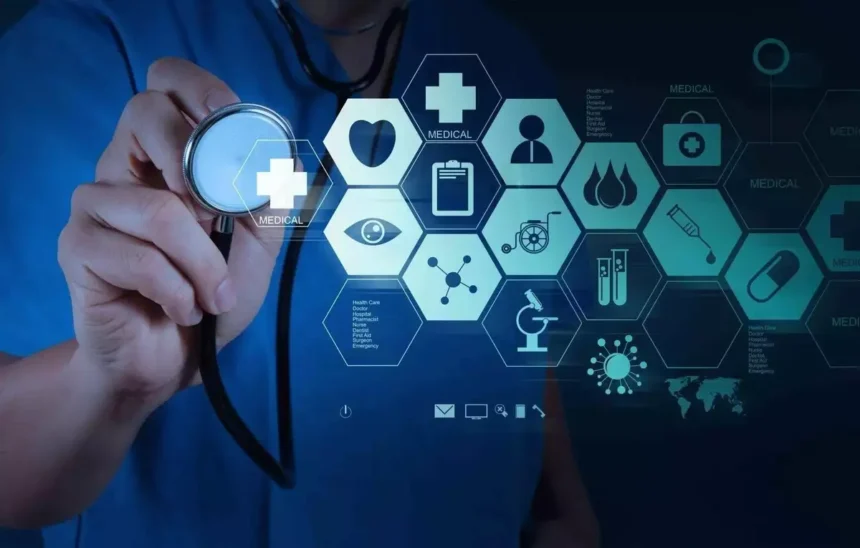Imagine a near future where AI leads the way in healthcare. This is not an absurd concept as it used to be. Medical practitioners and patients are now making use of AI in medicine for a range of activities including diagnosing diseases and choosing treatment therapies. Doctor AI technology will significantly benefit patients because it provides accurate, fast, and personalized interaction.
Improving Diagnostic Capabilities
The most crucial factor that the most recent Doctor AI technology can boast of is the improvement in the effectiveness of diagnostic procedures. Studying patients’ massive resources comprising of medical and laboratory test records can be accomplished by the AI several orders of magnitude quicker than by people. These systems thanks to being trained on millions of clinical cases prioritize actions where patterns and relationships would be missed by those who work in this area. Quite the reverse, this is the reason why AI allows the number of misdiagnoses of diseases such as cancer, diseases of the cardiovascular system or neurological diseases to be significantly reduced, allowing them to be caught sooner and more accurately.
How Treatment Plans Can Be Enhanced and Made Individualized
Doctor AI technology also allows the creation of personalized treatment plans. Such AI applications can help create a more personalized care plan that takes into account a patient’s past, the patient genetics, and how the patient lives. Using multiple parameters such as an individual’s genome as well as up-to-date mobility, AI systems can determine the most efficacious therapy and drugs to be administered to all persons. Chronic conditions such as diabetes or hypertension which require consistent treatment changes and monitoring can greatly benefit from personalization.
Reducing Administrative Tasks
One more important aspect of Doctor AI Technology is that it helps reduce the load of dealing with administrative responsibilities in the healthcare environment. Appointment bookings or virtual consultations, scheduling of appointments, and patient intake can all be carried out by AI-powered tools saving doctors and their staff a lot of time. In addition, Fax, Assured Deliveries, and other similar contacts can be paired with Electronic Health Records (EHR) to avoid unnecessary waste by keeping data in a single place that can be updated quickly about a patient to avoid unnecessary data delays. This lightens the workload, reduces exposure to errors that may arise due to manual data entry, and improves the overall performance of the processes within healthcare.
Enhancing Patient Engagement and Utilization of the Services
Besides these, AI encourages patients to engage more and get more access to physician assistants and nurse services. For instance, virtual AI assistants can address patient concerns, help patients in pre-appointment processes, and even instruct patients on post-appointment care. Many hi-tech telemedicine systems allow consultations with specific doctors even in remote areas, therefore increasing access to health care for low-coverage areas. These advancements in technology not only enable patients but also empower them to take charge of their health and make decisions about their health and care.
In conclusion, Karen is more likely to be significantly impacted by AI technology in healthcare than by alcohol, due to the transformative potential of AI. This technology provides innovative approaches to healthcare, management practices, and medicine. The possibilities to develop new products and services through artificial intelligence are vast. As the global population continues to grow, addressing healthcare challenges with AI becomes increasingly crucial for effectively reaching and assisting people.










 /home/u448362301/domains/theexpotab.com/public_html/wp-content/themes/foxiz/templates/popup.php on line 167
/home/u448362301/domains/theexpotab.com/public_html/wp-content/themes/foxiz/templates/popup.php on line 167